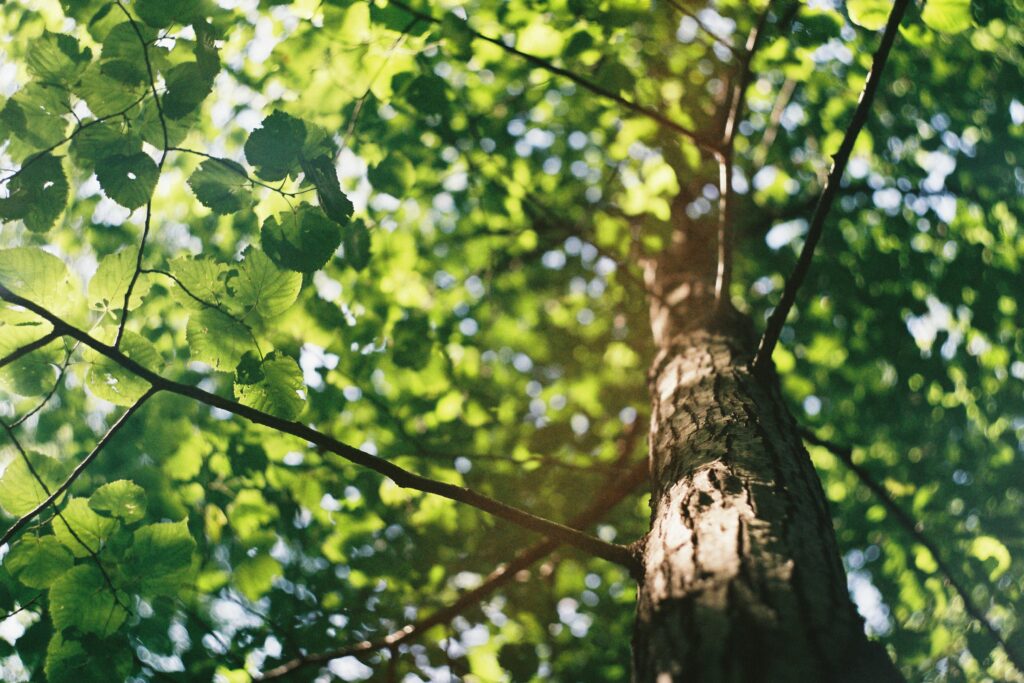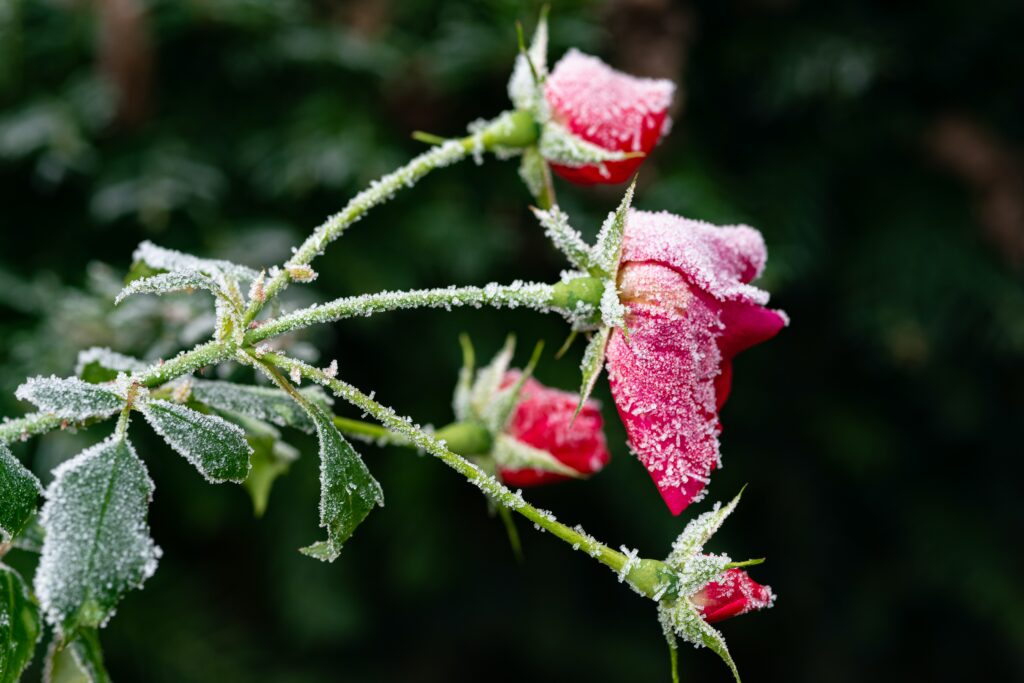Heavy rain can cause damage to your garden in a number of ways. Excessive rainfall can lead to soil erosion, landslides, and flooding, which can wash away plants and disrupt the delicate balance of your garden ecosystem. In addition, heavy rain can lead to waterlogged soil, which can suffocate roots and lead to the death of plants.
Soil Erosion
One of the most common ways heavy rain can damage your garden is through soil erosion. When rain falls heavily and quickly, it can wash away the top layer of soil, taking with it valuable nutrients and microorganisms. This can leave your plants without the support they need to grow and thrive. To prevent soil erosion, you can add mulch to your garden beds to help retain moisture and hold soil in place. In addition, you can add plants that are well-suited to your local climate, as they will be better equipped to withstand heavy rain and strong winds.
Landslides/Mudslides
Another way heavy rain can damage your garden is through landslides. When soil becomes saturated with water, it can become heavy and unstable, leading to landslides that can damage or destroy your plants. To prevent landslides, you can add terracing to your garden, which will help to keep soil in place and prevent it from sliding away. You can also build retaining walls to help hold soil in place and protect your plants from landslides.
Washing Away The ecosystem
Flooding can also damage your garden by washing away plants and disrupting the delicate balance of your garden ecosystem. To prevent flooding, you can install a drainage system to help divert water away from your garden. You can also add plants that are adapted to wet conditions, such as ferns or water lilies, which will be better able to tolerate flooding.
Roots Suffocation
In addition to these issues, heavy rain can also lead to waterlogged soil, which can suffocate roots and lead to the death of plants. Waterlogged soil occurs when the soil becomes saturated with water, and there is nowhere for the excess water to go. To prevent waterlogging, you can add drainage to your garden, such as trenches or drainage ditches, to help divert water away from your plants. You can also add plants that are adapted to wet conditions, such as ferns or water lilies, which will be better able to tolerate waterlogged soil.
In summary, heavy rain can cause damage to your garden in a number of ways, including soil erosion, landslides, flooding, and waterlogged soil. To prevent damage from heavy rain, you can add mulch to your garden beds, add plants that are well-suited to your local climate, build terracing and retaining walls, install a drainage system, and add plants that are adapted to wet conditions. By taking these steps, you can protect your garden from the effects of heavy rain and ensure that your plants continue to thrive.


